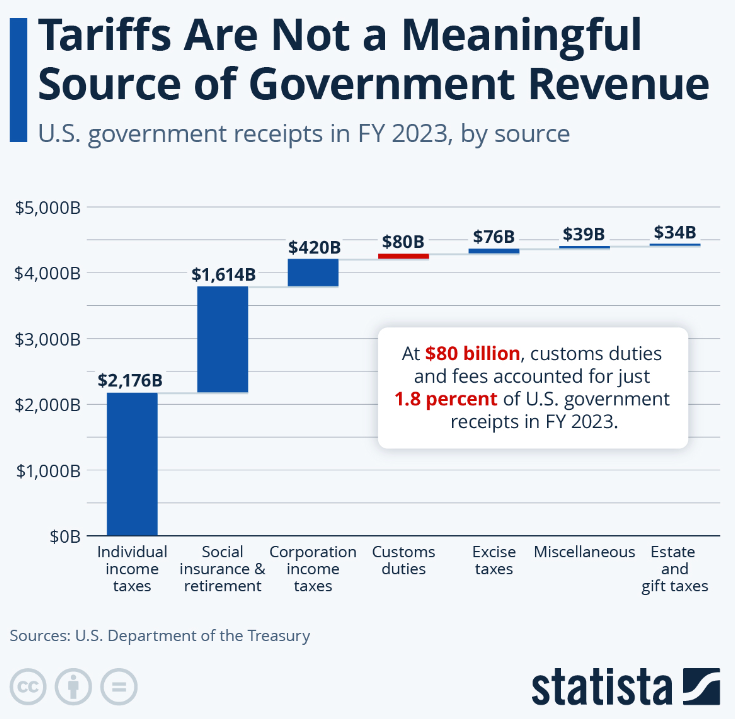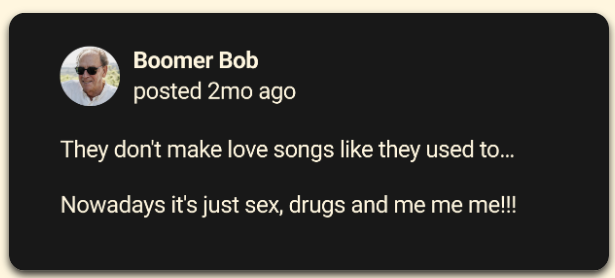The crucial question: are race relations actually improving in South Africa?
Late last month, on the day before Heritage Day, a very South African social media outburst took place. In a situation you couldn’t make up, the event involved racism, the media, and braaing. The irony, of course, is that Heritage Day was once called Shaka Day in commemoration of the iconic Zulu leader's death.
This day of national historical significance has been popularised and sanitised. Heritage Day is now commonly known as National Braai Day, perhaps, I suspect, as an act of desperation to find something, anything, that all South Africans share.
And, not untypically, it all went wrong. A man named Jan Scannell, who styles himself as braai master Jan Braai and sells books on braaing, did a publicity stunt outside Willowbridge Shopping Centre in Tyger Valley, giving away curry wors rolls. Scannell’s act of generosity took place outside Food Lover's Market, and the store posted its CCTV footage of the giveaway, ostensibly to highlight the goodwill and general niceness of the event.
Unfortunately, the clip the store published showed a mixed-race man standing next to Scannell who wasn’t given a roll, though several white people were. Next thing, social media erupted, and Scannell was accused of racism on X (formerly Twitter), which is well-known for its high editorial standards. News24 then approached Scannell, who denied he was racist, but for reasons that frankly seem dubious, the website decided to publish the story, angled on Scannell’s denial.
Then there was plenty of platzing. More social media outcry, of course. Food Lover’s Market realised it had inadvertently opened Scannell to a false claim and published a longer clip of its CCTV footage, which showed that Scannell did, in fact, give the man a roll. The incident was entirely innocent; the man had been slightly behind Scannell when the giveaway started and was polite enough not to immediately reach out. When Scannell noticed him, he promptly handed him a roll.
News24 published a retraction and apology the next day, which was followed by more social media outrage—this time from the opposite side. Clips of Scannell handing out rolls to various people appeared, and suddenly, this was a case of the legacy media fanning the flames of racism to boost “clicks.”
Maybe I’m biased as a former member of the legacy media, but I sympathize with News24. If you’re sitting in the editor’s chair and presented with a purportedly documented case of racism, if you don’t publish it, you risk being accused of racism yourself. It's not as though racism doesn’t exist in South Africa, and it is part of your function to help address it. In this case, it could be argued that the story needed to be published, if only to allow Scannell to confront the allegation.
But it’s puzzling why News24 wasn’t skeptical of a claim against someone giving out free boerie rolls. Why would someone engaged in an act of generosity care about who received the rolls? And there’s the matter of corroborating evidence: if you’re going to accuse someone, even implicitly by publishing their denial, of something as severe as racism, you need more than knee-jerk conclusions drawn on X to support the claim. Surely.
All this happened a few weeks ago, and by now, most people have likely forgotten about it. It’s just one more episode in a stream of accusations and counter-accusations that stoke anger, heighten defensiveness, and generally make our lives miserable on a holiday intended to unite us by highlighting either racism or race-baiting. Either way, it’s toxic.
But it does raise the question of whether South Africa is becoming less racist. Coincidentally, yesterday (Tuesday, Nov 12), the Institute of Race Relations (IRR) published a survey on this and other questions. It wasn’t a large survey—around 600 people were canvassed—but the sample was random, and interviews were conducted over cellphones.
IRR head of strategic communications Hermann Pretorius said the data shows that more South Africans are cautiously optimistic about life in South Africa getting better, with 48% believing their lives will improve over the next five years, compared to 25% who feel otherwise. “This is a significant shift from 2022, when only 34% had a positive outlook for the next five years, while 44% thought things would get worse. In 2022, 54% said life had gotten worse over the past five years, while in 2024, that number dropped to 43%."
Respondents were more positive on other questions too, especially those concerning race.
In response to the question, "Are race relations improving?" the majority felt they had. Notably, a plurality of Coloured South Africans disagreed, Indian South Africans strongly agreed, and more white South Africans than black South Africans responded positively. Significantly, however, substantial proportions of all racial groups feel race relations have worsened. It’s interesting that the combined support for the EFF and MK parties loosely matches the proportion of people who feel race relations have deteriorated.
Yet, a large majority still support the idea of everyone getting along and are cynical about why racism is often raised by politicians.
But this graph surprised me most: the vast majority of all races acknowledge they have not personally experienced racism over the past five years. That’s a long time, and for black South Africans to report no personal experience of racism over that period is remarkable in a country once defined by it.
Interestingly, whites now report feeling racially discriminated against, likely due to government Black Economic Empowerment policies, which may be making them feel like the minority they are.
I have to say, these results align with my own experience in some ways, though not in others. I suspect South Africans of all races have grown accustomed to, and even enjoy, working with people from different backgrounds. However, that sense of unity is less pronounced in the private sphere, where history, class, and race likely play a larger role.
Politics is also at play here. Pretorius concludes that these shifts are likely a result of political changes, most notably the ANC’s loss of majority and the formation of the GNU, “allowing ordinary people to believe things have changed enough to leave the socio-economic stagnation and decline of the past two decades behind.”
“This should hopefully sharpen the minds of parties in the GNU, impressing upon them the unique opportunity they have as a collective to implement substantive reforms,” he says.
Well, hear, hear, and all that. But maybe we shouldn’t get too far ahead of ourselves.
From the department of great headlines
Did Scientists Revive an Extinct Animal or Just Breed a Less Stripey Zebra?
A near four-decade quest to bring the quagga back is being heralded as a success, but not everyone is impressed
From the department of worthwhile new podcasts
From the department of stuff we are going to be hearing a lot about

From the department of the disappearing love song



Join the conversation